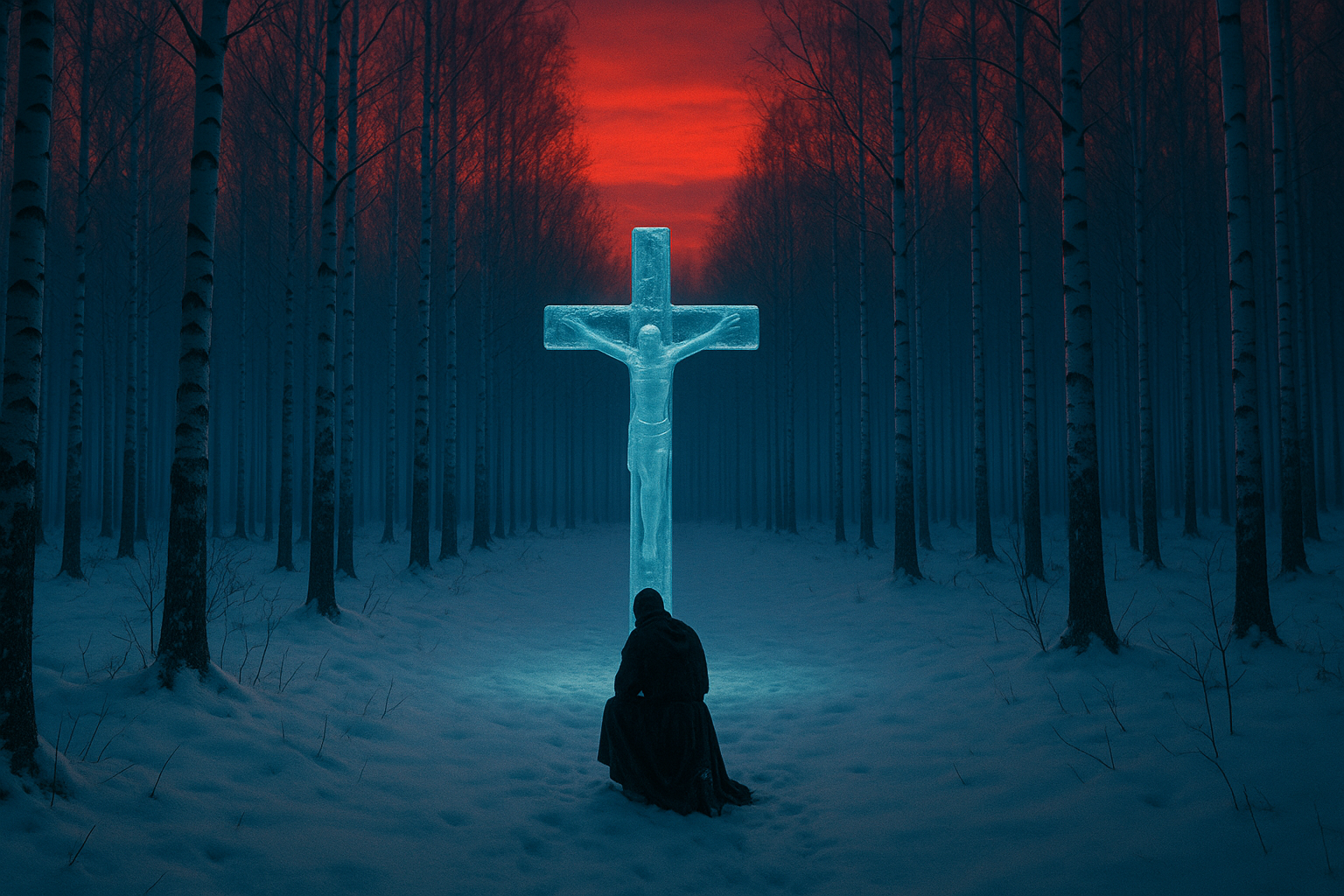Faith, Doubt and Redemption
Explore Fyodor Dostoyevsky’s “The Brothers Karamazov”, a masterful work that delves into the moral and spiritual dilemmas at the heart of human existence. Discover why this timeless classic remains essential for those in search of profound understanding.
Introduction
“The Brothers Karamazov”, Fyodor Dostoyevsky’s last novel published in 1880, is often considered the pinnacle of his art. This masterpiece explores the profound themes of faith, doubt, human freedom and the struggle between good and evil. Through the complex story of the Karamazov family and their four very different sons, Dostoyevsky delves into moral and spiritual dilemmas that continue to resonate with readers today.
Summary and structure
The novel focuses on the internal and external conflicts between the four Karamazov brothers – Dimitri, Ivan, Alexei and Smerdiakov – over the legacy of their father, Fyodor Pavlovich Karamazov. The tension culminates in the father’s murder, an event that serves as the catalyst for a profound exploration of each character’s convictions and motivations. The novel’s complex structure interweaves personal narratives with philosophical and theological discussions, offering a rich tapestry of Russian society in the late 19th century.
Themes and analysis
“The Brothers Karamazov” comprehensively addresses the issues of individual freedom, moral responsibility, and the existence of God. The famous “Grand Inquisitor”, a story within a story told by Ivan, questions the nature of faith and the concept of spiritual freedom. The duality between Alexei’s simple, sincere faith and Ivan’s skepticism reflects the eternal conflict between doubt and belief. Dostoyevsky also explores the themes of redemption, brotherly love and sacrifice, underlining the complexity of human nature.
Characters and development
Each brother represents a different facet of human experience: Dimitri, with his passion and excess; Ivan, the intellectual tormented by doubt; Alexei, the pious monk in search of spirituality; and Smerdiakov, the illegitimate son, cynical and manipulative. Their development throughout the novel illustrates various responses to moral and existential dilemmas, enriching the narrative with psychological and philosophical depth.
Impact and reception
On publication, “The Brothers Karamazov” was acclaimed for its thematic depth and narrative innovation. Considered one of the greatest literary works ever written, the novel continues to be studied, debated and admired for its uncompromising approach to the most fundamental questions of existence. Its influence extends across literature, philosophy, psychology and theology.
Why read this book?
Reading “The Brothers Karamazov” is an immersive experience that challenges the reader to confront the great questions of life, faith and morality. Dostoyevsky combines a captivating narrative with an unprecedented exploration of the depths of the human spirit, offering a work that is not just a novel, but a meditation on the meaning of life and the possibility of redemption.
Conclusion
Fyodor Dostoyevsky’s “The Brothers Karamazov” remains an essential pillar of world literature, a novel that transcends time and culture to touch the very essence of the human experience. Through the family drama of the Karamazovs, Dostoyevsky invites us to reflect deeply on faith, justice and love, leaving a literary legacy that continues to inspire and provoke.
Latest Reviews & Analyses
Stay Updated with Our Latest Reviews
Join our community to receive exclusive insights and updates on groundbreaking literary works.
Find Your Next Literary Adventure
What Our Readers Are Saying

Sophia Lee
“A captivating collection of reviews that inspire and inform. Highly recommended for avid readers!”





